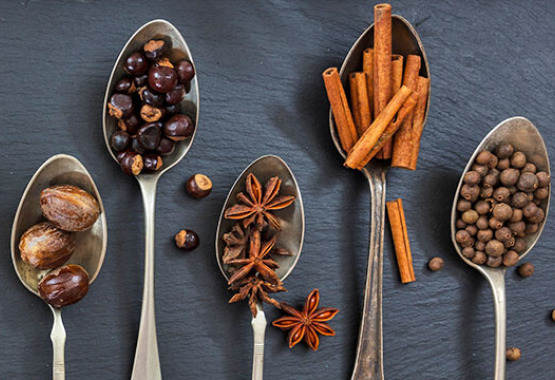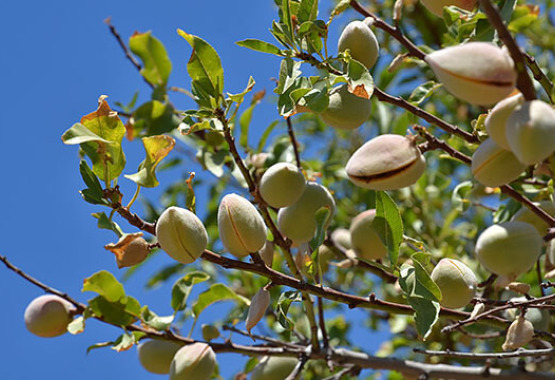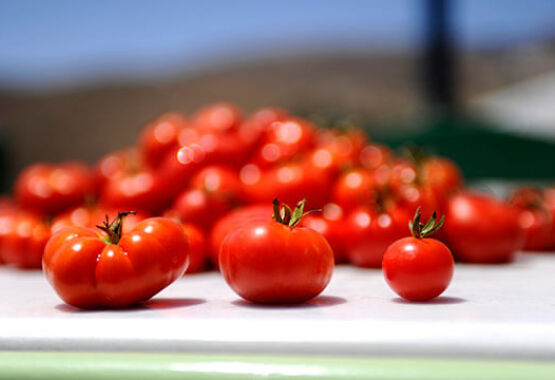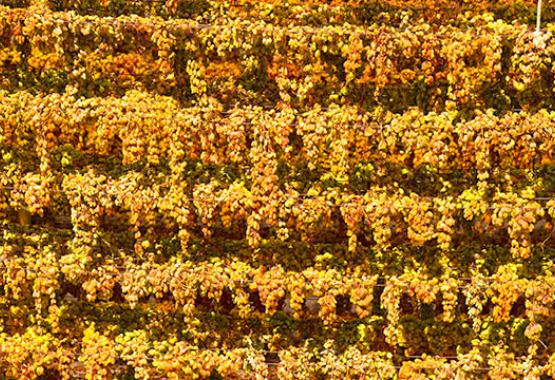
AROUND GREECE
Their juicy, winter fruit decorate and perfume every single corner of Greek countryside. The smell of oranges from Argos in the Peloponnese, of lemons from the Island of Poros, of tangerines from the Plain (Kambos) of Chios, of citruses from Naxos in the Cyclades, of exotic kumquats from the Ionian Island of Corfu become one with the Mediterranean sea breeze, overgrowing the sweet melody of Christmas humming and that of the sound of rustling leaves. The prevalence of this nostalgic citrus aroma is reminiscent of spring, of sweet homecomings, of life itself.
In Greece, citrus-trees aromas are reminiscent of your childhood when in early spring you would gather the first ripe citrus fruits, some bitter oranges, or sweet oranges, some tangerines or lemons to give them to your granny to make mouth-watering spoon sweets to treat her guests, including you of course. There are also reminiscent of the lemon flowers mother used to decorate your spring headband with that you would put on for your end of school gym show. Or it would remind you of the soft motherly morning touch of bergamot orange aromas. And later on, it would bring back memories of your first readings of Sun the First by O. Elytis when “The lemon trees irrigate the pollen of summer” or of The Orange Trees of Sparta by N. Vrettakos.
Furthermore, citric acid, a by-product of citrus-trees has been a major food and drink preservative for many centuries. Finally, the chemical compound produced by the union of citric acid and some metals turns the former into the principle ingredient of soaps and detergents.
Greek Citrus Fruits
Nostalgic Citrus Trees Aromas
Greek life and tradition are greatly interwoven with the presence and growing of the so-called citrus fruits.Their juicy, winter fruit decorate and perfume every single corner of Greek countryside. The smell of oranges from Argos in the Peloponnese, of lemons from the Island of Poros, of tangerines from the Plain (Kambos) of Chios, of citruses from Naxos in the Cyclades, of exotic kumquats from the Ionian Island of Corfu become one with the Mediterranean sea breeze, overgrowing the sweet melody of Christmas humming and that of the sound of rustling leaves. The prevalence of this nostalgic citrus aroma is reminiscent of spring, of sweet homecomings, of life itself.
In Greece, citrus-trees aromas are reminiscent of your childhood when in early spring you would gather the first ripe citrus fruits, some bitter oranges, or sweet oranges, some tangerines or lemons to give them to your granny to make mouth-watering spoon sweets to treat her guests, including you of course. There are also reminiscent of the lemon flowers mother used to decorate your spring headband with that you would put on for your end of school gym show. Or it would remind you of the soft motherly morning touch of bergamot orange aromas. And later on, it would bring back memories of your first readings of Sun the First by O. Elytis when “The lemon trees irrigate the pollen of summer” or of The Orange Trees of Sparta by N. Vrettakos.
Myth, tradition and immortality
Though scientific records suggest a far-flung origin of citrus-fruits, in Greece early myths and traditions associate them with life and immortality, whereas their medicinal attributes have established them as a vital part of everyday Modern Greek diet. In early Greek tradition sweet citruses (i.e. portokalia) may be related to Portugal, suggestive of ancient Hesperia, possible motherland of hesperidoeide (i.e. citrus-trees) in the minds of early Greeks. Myth has it that Hera had an orchard in Hesperia, which is in the west. This orchard was known as the Garden of Hesperides, since it was under the care of these mythical figures mentioned by Hesiod (Works and Days 275). The fruits grown there were the famous “golden apples”—identified as oranges by some scholars, granting immortality to the ones savouring them. Yet, this very orchard and its fruit brought about the widely-known Trojan War, resulting from Eris’ “golden apple” and the “Judgement of Paris.”Health and hygiene
The connection between the “golden apples” of Hesperides and immortality may allude to the curative properties of citrus-trees, testified by modern science. The high content of Vitamin-C in citrus-trees is highly beneficial for human health mainly by allowing the human body to absorb more quantities of iron, while it prevents scurvy. In addition, some of their attributes shield human cells against cancer and prevent cardiovascular diseases.Furthermore, citric acid, a by-product of citrus-trees has been a major food and drink preservative for many centuries. Finally, the chemical compound produced by the union of citric acid and some metals turns the former into the principle ingredient of soaps and detergents.




